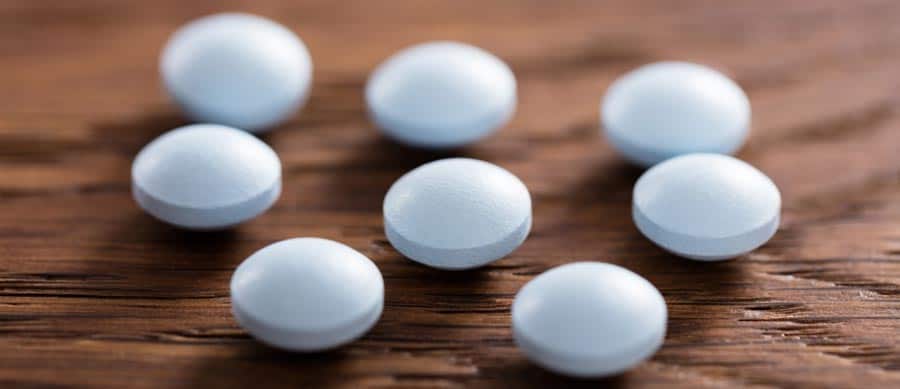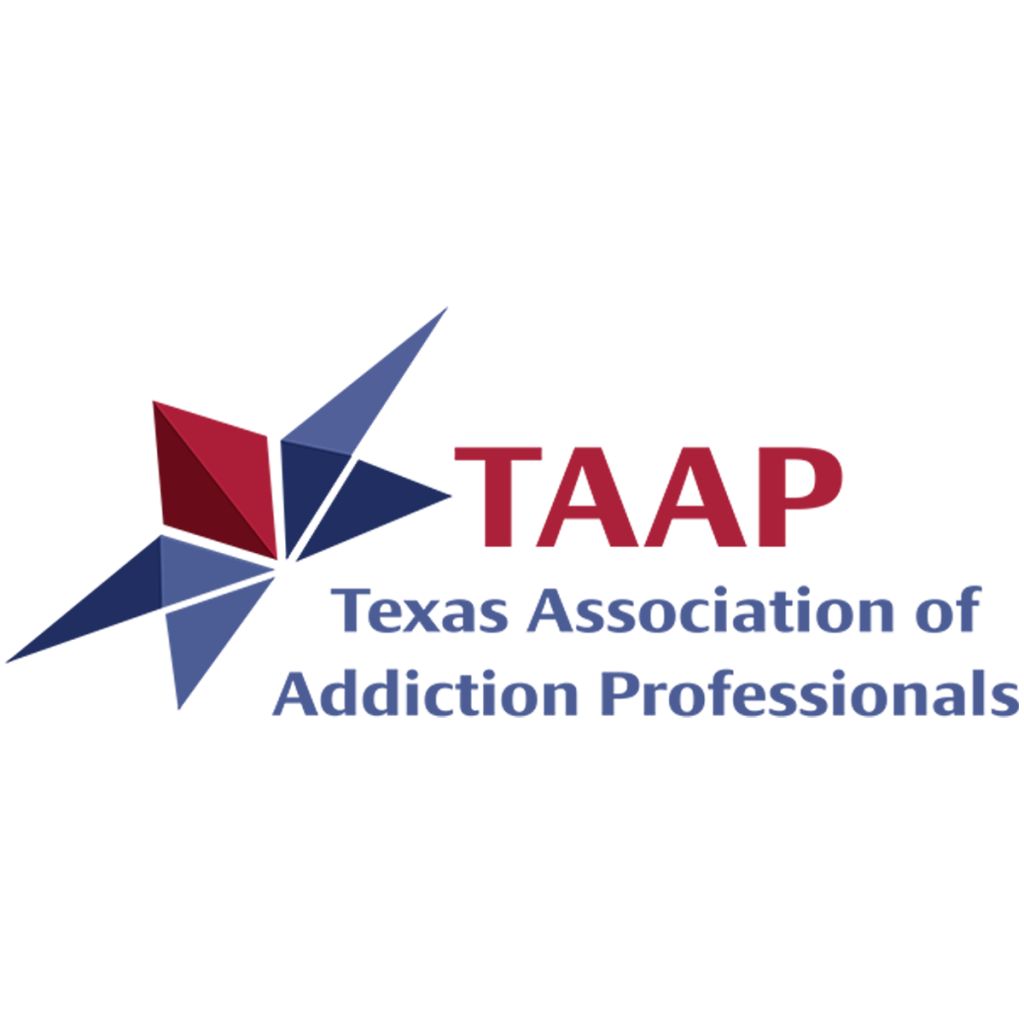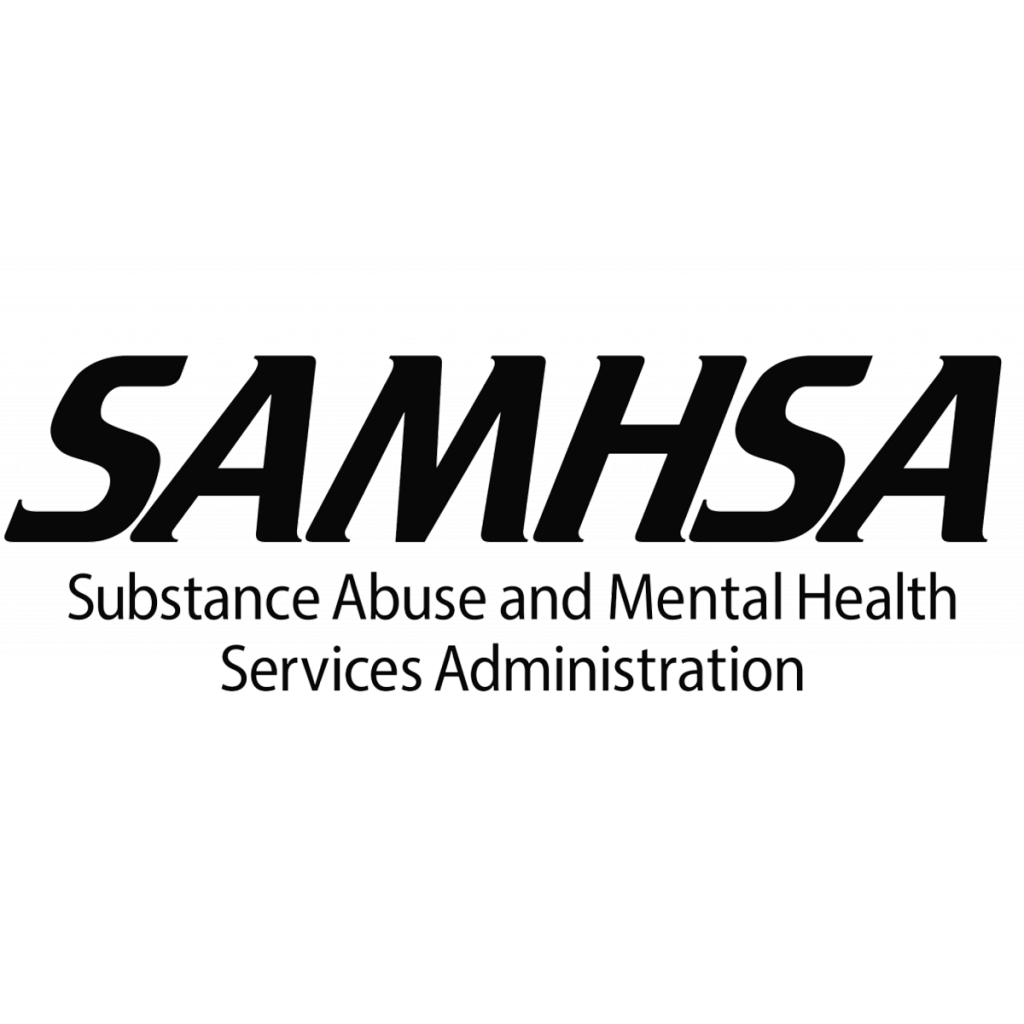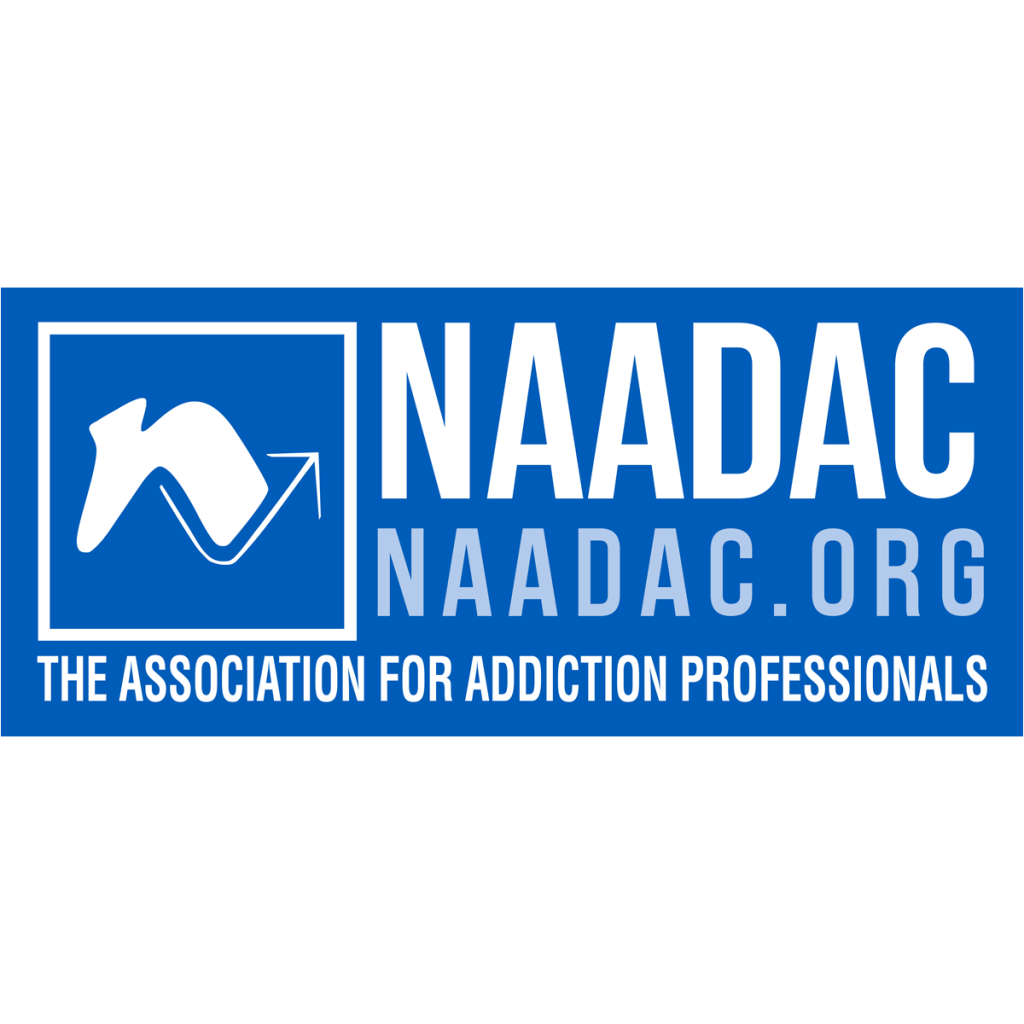Updated on October 7th, 2020
Designer drugs are drugs that have been created to mimic the effects of illegal substances while still attempting to be sold legally. They are often made in homes or secret illegal labs. They can be made from plant substances or entirely synthetic chemicals that can be legally purchased to attempt to create a new “legal” substance.
What Are the Different Types of Designer Drugs?
The DEA classifies designer drugs as new psychoactive substances (NPS). Although there are hundreds of different designer drugs out there, they fall under several different categories. To simplify things, here are the three main types of designer drugs:
- Synthetic cathinones – These types of designer drugs are stimulants. They work by increasing serotonin and/or dopamine levels in the brain to produce feelings of happiness and pleasure or to increase attention and motivation.
- Synthetic cannabinoids – These types of designer drugs mimic the effects of marijuana and work by interacting with the same brain cell receptors as THC. They produce similar but much stronger, effects as marijuana, including relaxation, elevated mood, altered perception, and some symptoms of psychosis.1
- Synthetic phenethylamines – These types of designer drugs are hallucinogens. They affect the brain by altering its understanding of sensory input, producing hallucinations of sight, sound, taste, and touch. Users might also experience other strange effects like feeling detached from the body, or a blurring of the senses (feeling colors, tasting sights, etc.).2
Examples of Designer Drugs
Some common examples of designer drugs making headlines in recent years include:3
- MDMA/Ecstasy/Molly
- Bath salts
- Spice (synthetic marijuana)
- 2C drugs (2CI, 2CE, 2CB, and 2CT-7)
- Krokodil
- Methylenedioxypyrovalerone/MDPV (also found in bath salts)
- Mephedrone (also found in bath salts)
- Methylone (also found in bath salts)
- NBOMe
- Flakka
- Benzo Fury
Why Are Designer Drugs Dangerous?
The simplest way to sum up the dangers of designer drugs is that the side effects of the chemical combinations used to make them are largely unknown. Additionally, many of the chemicals used while producing and manufacturing designer drugs are not intended for human consumption.
Are Designer Drugs Legal?
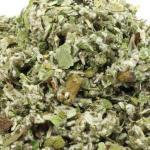
No, designer drugs are not legal. However, clandestine drug manufacturers find ways to get around the law to sell legal designer drugs online, in head shops, or in gas stations around the country.
New crops of designer drugs are hitting the streets all the time. As illegal drug manufacturers attempt to stay one step ahead of authorities, they change formulas rapidly hoping to be able to claim that their product is legal. Many manufacturers and dealers will market their products as being incense, plant food, or even dietary supplements to avoid legal intervention.
For example, Spice, or synthetic marijuana, which claims a marijuana-like effect, is marketed as incense, while bath salts which claim to provide a cocaine-like high were sold as plant food. Other drugs are sold in powder form and labeled “not for human consumption” and sold under the premise that they are for animals or to be used for study or research.
[sc name=”phoneinsurancecta”]
Are Designer Drugs Addictive?
Researchers don’t know whether designer drugs are addictive or not because illegal manufacturers of these substances are constantly modifying the ingredients that are used to make them. Similarly, one batch of designer drugs may be drastically different from another, as the ingredients and manufacturing practices are completely unregulated and unmonitored.
Since health officials and researchers can’t keep up with the ever-changing ingredients and designer drugs out there, it’s impossible to say which ones are or aren’t addictive. However, based on the current research regarding designer drugs, it is safe to say that many of them probably have addictive qualities and produce very harmful or deadly short-term and long-term effects.
What Are the Most Prevalent Designer Drugs?
According to the DEA, the most prevalent designer drugs are synthetic cannabinoids and synthetic cathinones.4
[sc name=”phoneinsurancecta”]
What Are the Harmful Effects of Designer Drugs?
Designer drugs are dangerous because the combinations used to create them are untested. As a result, designer drugs’ effects on the body are often unknown, as are the effects on the brain and the user’s overall health and behavior.5 Also, because the drugs are created so quickly with chemicals that are not meant for human consumption, there is little known about the long-term health effects for users.

In an unmonitored lab, chemical errors are likely to occur. Also, it is nearly impossible to know the potency of ingredients that are used in a designer drug. The amount of active ingredient can vary wildly from one dose to the next leaving users with no way to anticipate what the effects will be or if they are taking a dangerous dose. All these factors lead to a high rate of accidental overdoses and deaths for users of these substances. With no regulations in place, no monitoring, and little known about the chemicals being used, users risk serious health issues including dangerous side effects, addiction, and death.
Although it’s impossible to say exactly how a designer drug will affect a user, here are some potential short-term and long-term effects of designer drugs:
- Intense euphoria/exhilaration
- Relaxation
- Decreased appetite
- Amnesia
- Feelings of detachment
- Paranoia
- Hallucinations
- Panic attacks
- Long periods of wakefulness
- nausea and/or vomiting
- Seizures
- Slurred speech
- Increases or decreases in blood pressure
- Loss of consciousness
- Coma
- Death
Other consequences of designer drug abuse may include:
- Permanent cognitive problems
- Legal problems
- Job loss
- Legal problems
- Addiction
- Violent and/or criminal behavior
Overcoming drug addiction is possible.
Medical detox and rehab can provide tools and resources to get sober.
Start your recovery today by calling (512) 605-2955.
What Are Designer Drug Withdrawal Symptoms?
If a person is addicted to a designer drug and then suddenly stops using it or drastically reduces their use, he or she will most likely experience some uncomfortable withdrawal symptoms. Designer drug withdrawal symptoms will vary, but may include:
- Severe depression
- Difficulty sleeping
- Tremors or muscle spasms
- Loss of appetite
- Difficulty concentrating
What Are the Signs and Symptoms of Designer Drug Abuse?
A person may become physically dependent or addicted to a designer drug if he or she uses it consistently for a long period of time. Common signs and symptoms of designer drugs addiction are:
- Sleeping too much or too little
- Sudden drastic changes in appearance or hygiene
- Inappropriate or strange behaviors like paranoia and extreme aggression
- Extreme mood swings
- Uncharacteristic difficulties at work or school
- Relationship problems
- Memory problems
- Isolating from friends and family
Get Help at a Designer Drug Addiction Treatment Center
If you are using designer drugs or know someone who is, a formal designer drug detox program and designer drug addiction treatment center can help you overcome physical dependence and addiction to the drug.
Reputable designer drug treatment centers will provide individualized care to address the often unpredictable side effects of designer drug detox and withdrawal. After you are stable and sober, addiction treatment professionals can help you uncover the root causes of your addiction with behavioral therapy and other evidence-based treatment methods. During rehab for designer drug addiction, you’ll also make positive behavioral changes and gain valuable life skills that will help you stay sober and prevent relapse.
Designer drug addiction comes with many harmful long-term effects that can impact your life in devastating ways. Don’t let your substance abuse define you. Get the help you need today.
Contact Nova Recovery Center today to speak to an admissions specialist or to enroll in an inpatient or outpatient rehab program. Our professional staff can help you begin treatment or assist you as you lead a loved one to treatment.


